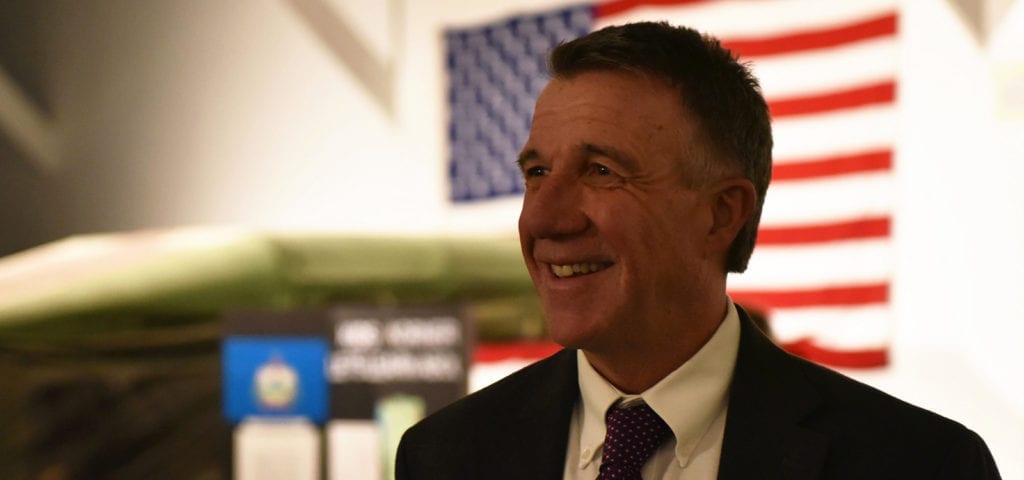Vermont’s Gov. Phil Scott, a Republican, vetoed the first cannabis legalization bill ever to be passed by a state Congress on Wednesday, according to an NPR report.
Scott chose to veto the bill over his other two options — either sign the bill or take no action and passively allow it to become law — and he has sent the bill back to legislators to make adjustments.
“We must get this right,” Scott said of his decision to veto while at a press conference. “I think we need to move a little bit slower.”
The governor’s concerns with the bill were detecting and penalizing people who drive under the influence of cannabis, keeping children from accessing the plant, and the lack of a clear vision for the state’s Marijuana Regulatory Commission. He plans to send recommendations to lawmakers for changing their proposal, saying that — if they address his concerns —”there is a path forward on this.”
The governor has previously claimed he is “not philosophically opposed” to cannabis legalization.
Lt. Gov. David Zuckerman offered criticism of the governor’s veto: “Prohibition has failed and causes approximately 100,000 Vermonters to be labeled lawbreakers,” Zuckerman said. “Vermont is now lagging behind other states in the region and is missing opportunities to capture revenue from an underground market that would allow us to address highway safety, drug education and treatment, and other needed state investments to reduce the temptation of drug use.”
If Gov. Scott had signed the bill, Vermont would have become the first state to legalize adult use cannabis without using a voter referendum.
The majority of voters in Vermont approve of legalizing cannabis.
